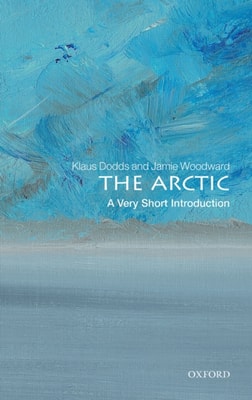Sustainability
Sorting
Bestseller Sorting collapsed

product_type_E-book
Price
4.49 £

product_type_E-book
Price
36.00 £

product_type_E-book
Price
64.00 £

product_type_E-book
Price
27.00 £

product_type_E-book
Price
40.00 £

product_type_E-book
Price
28.00 £

product_type_E-book
Price
44.00 £

product_type_E-book
Price
24.00 £

product_type_E-book
Price
88.00 £

product_type_E-book
Price
20.00 £


product_type_E-book
Price
24.00 £

product_type_E-book
Price
36.00 £

product_type_E-book
Price
20.00 £

product_type_E-book
Price
20.00 £




